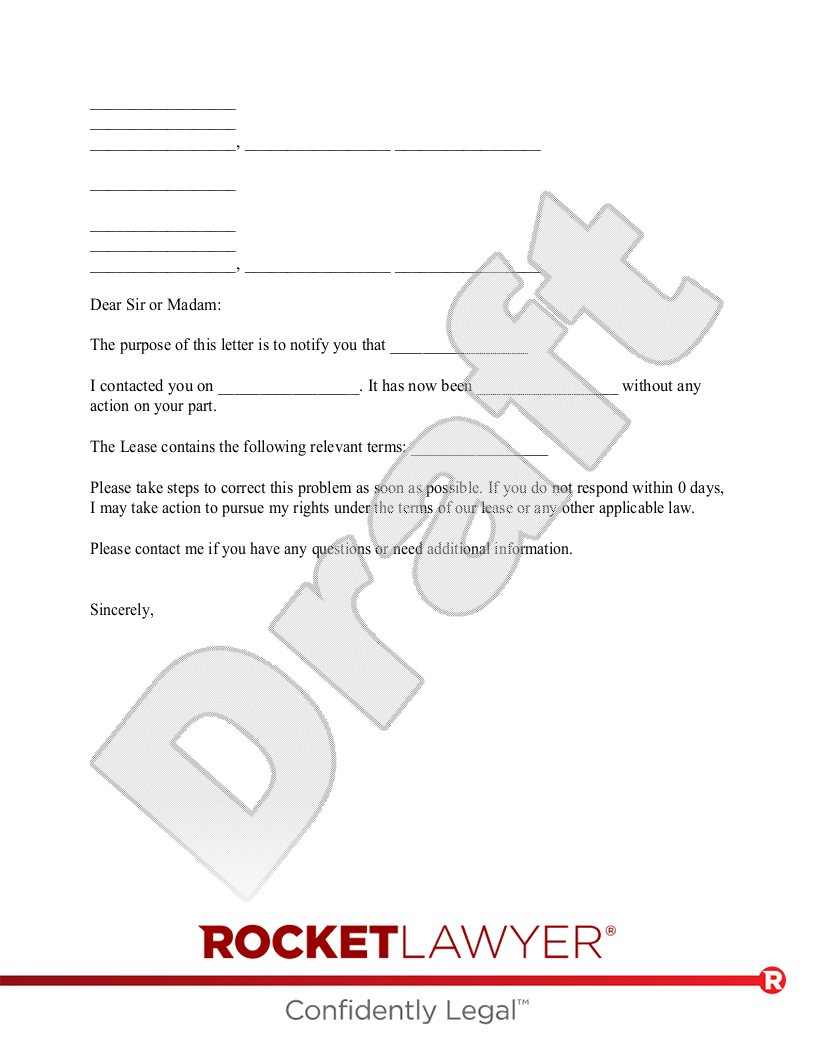What are my rights and responsibilities as a tenant?
Generally, landlords are responsible for providing a safe place to live, while tenants are responsible for paying rent and not destroying the property.
One of the most important rights for tenants is to have the landlord keep the premises in habitable condition. This does not mean that a landlord has to clean up after you. However, it does mean that you have the right to live in a place that is not falling apart. This may include dangerous hazards, like infestations, holes in the floors or walls, exposed electrical, or a broken furnace in the winter. Non-working cable television or out-of-date appliances typically do not make a rental uninhabitable, unless there is a dangerous condition associated with them, such as a gas leak.
If you, the tenant, damage the property beyond normal wear and tear, the landlord can charge you for the cost of repairs. To protect your security deposit, you may want to conduct a careful inspection of the premises before you sign a Lease Agreement or move in. By taking careful note of existing imperfections, you can avoid being responsible for them when you move out.
If the landlord has been notified about a problem with the property and fails to make repairs, you have a number of options. You may be able to withhold a part of your rent, hire a professional to make the repairs, then deduct the cost of the repairs from your rent. If the problem is significant, you may have the right to break your lease and move out. However, a tenant is responsible for telling their landlord about any needed repairs as soon as possible, and before taking any of the above actions.
Renters also usually have legal rights that cover privacy, the return of their security deposit, and to not suffer unreasonable disturbances.
How long does the Lease Agreement last?
Pay attention to the length of your rental agreement. Most leases, and state or local laws, will require a certain number of days or months notice before ending a lease. For example, if your state requires you to give two months notice before the end of the lease term to avoid an automatic renewal, and you only give one month's notice, you may be required to pay an additional month of rent, even if you move out.
Many Lease Agreements will specifically discuss what happens at the end of the lease and how much notice is required. Some leases may automatically raise the rent, renew for another year, or turn into a month-to-month lease with only a slight change to the terms. It may be helpful to review your Lease Agreement with a lawyer and then schedule the important dates you do not want to miss into your calendar.
When can a landlord evict a tenant?
There are only a few times when a landlord can evict a tenant. If you know what these situations are, you can try to protect yourself from being evicted. Also, it is important to know that a landlord cannot just kick a tenant out, but must use the eviction process, get a court order, then have local law enforcement do the physical kicking out. Additionally, landlords cannot evict tenants for discriminatory reasons, or in retaliation for reporting problems about the condition of the property.
Generally, a landlord can start the eviction process when a tenant:
- Fails to pay rent.
- Violates the Lease Agreement.
- Does not renew a lease.
However, a landlord can only evict a tenant after going through the court process for evictions. A landlord must closely follow all of the state's eviction procedures before having local law enforcement force you to leave. The court process for evictions is typically faster than other types of court cases, but can still take a few weeks to a few months or more. During the court process, tenants may fight the eviction.
Also, the law varies from state to state, and sometimes within states, from one county to the next. In places with strong renter protections, a landlord may need to have adequate cause to evict the tenant, and being late for a single payment may not be enough cause.
If you have legal questions about your rights as a tenant and the particular laws where you live, reach out to a Rocket Lawyer network attorney for affordable legal advice.
Please note: This page offers general legal information, not but not legal advice tailored for your specific legal situation. Rocket Lawyer Incorporated isn't a law firm or a substitute for one. For further information on this topic, you can Ask a Legal Pro.
